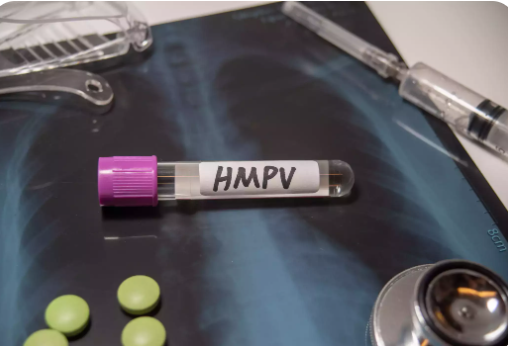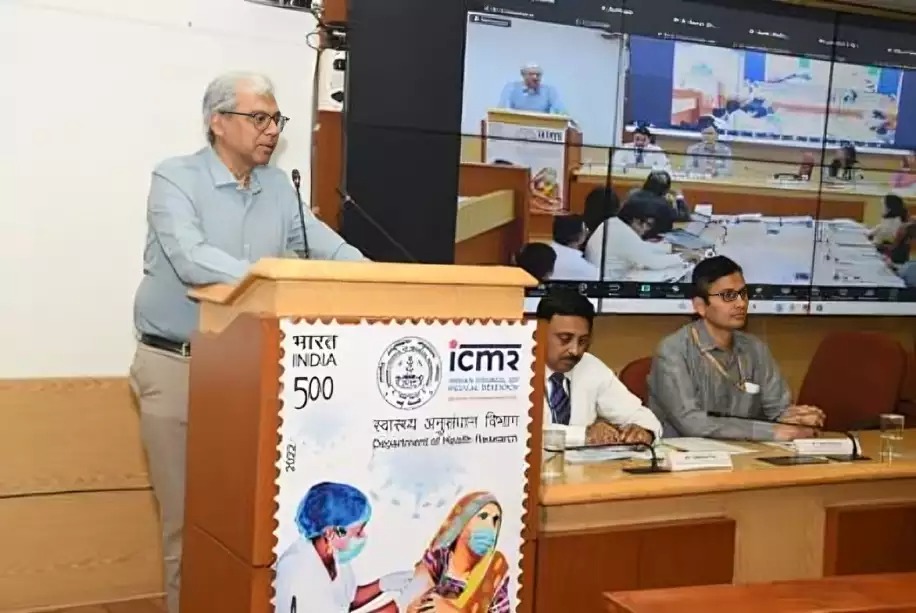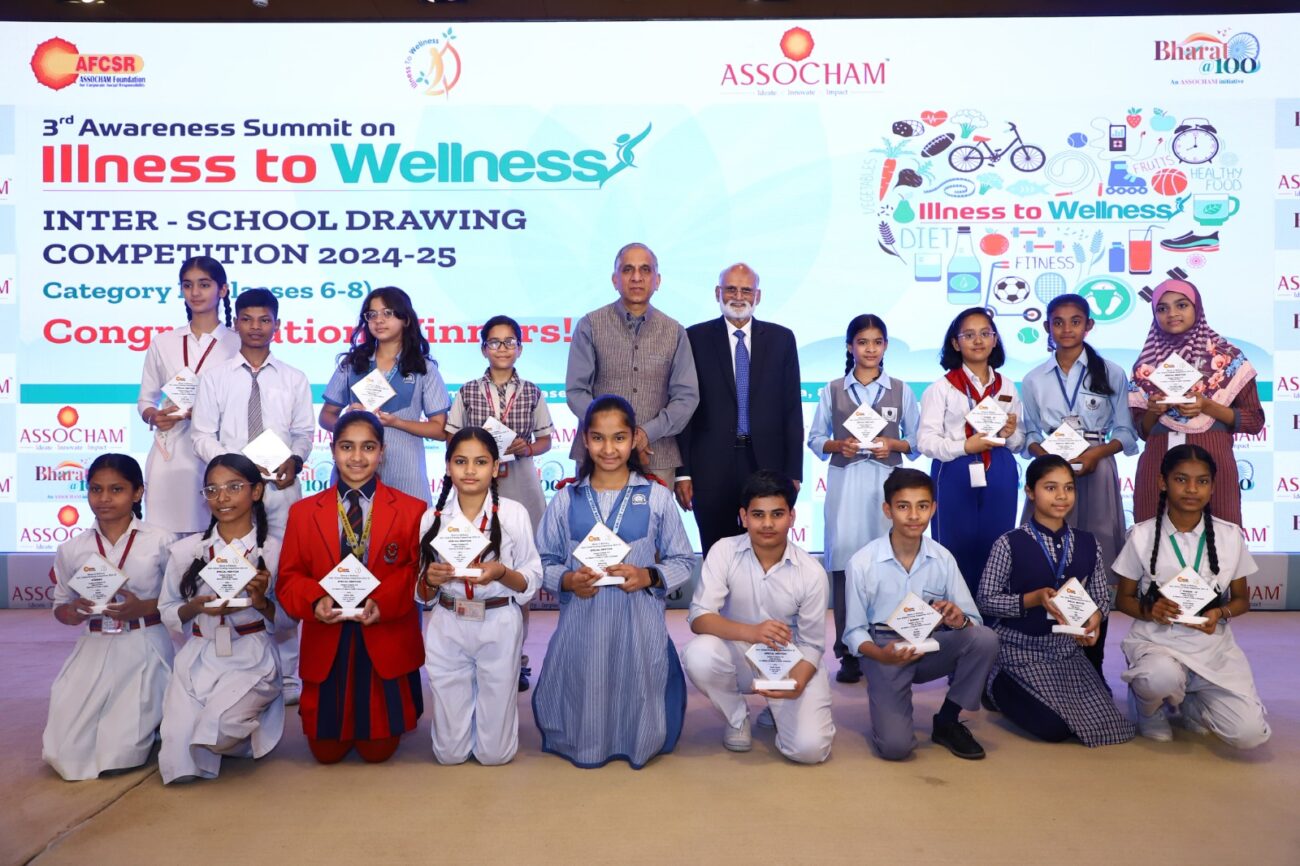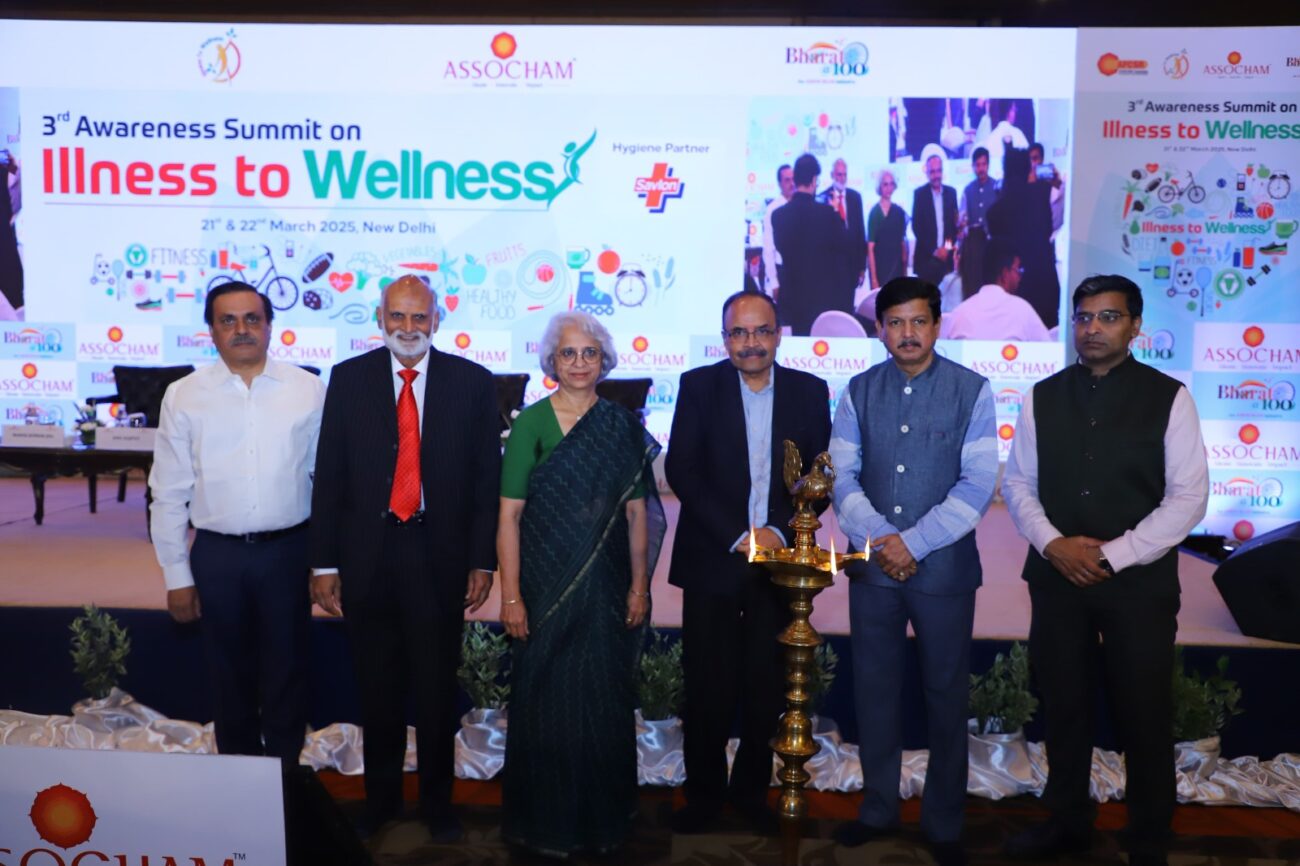India’s Health Ministry Intensifies Surveillance Amid China’s HMPV Concerns
In response to reports of a human metapneumovirus (HMPV) outbreak in China, India's Ministry of Health and Family Welfare has heightened surveillance of respiratory infections and seasonal influenza across the nation. Officials emphasize that there

In response to reports of a human metapneumovirus (HMPV) outbreak in China, India’s Ministry of Health and Family Welfare has heightened surveillance of respiratory infections and seasonal influenza across the nation. Officials emphasize that there is no immediate cause for alarm, and the situation remains under control.
Current Situation in China
Recent data from China’s National Disease Control and Prevention Administration indicates an uptick in acute respiratory infections, including HMPV, particularly among individuals under 14 years old in northern provinces. Despite circulating social media videos depicting crowded hospitals, Chinese authorities and the World Health Organization (WHO) have found no substantial evidence of a large-scale outbreak. Chinese Foreign Ministry spokesperson Mao Ning stated that the current spread of respiratory diseases is less severe compared to the previous year and assured that it is safe to travel in China.
India’s Preparedness and Monitoring Efforts
Dr. Atul Goel, India’s Director General of Health Services (DGHS), addressed concerns by stating that there has been no significant increase in respiratory illness cases in India during December 2024. He emphasized that HMPV is similar to other respiratory viruses causing flu-like symptoms, predominantly affecting the very young and the elderly. The National Centre for Disease Control (NCDC) is actively monitoring respiratory and seasonal influenza cases to ensure public health safety.
Understanding Human Metapneumovirus (HMPV)
HMPV is a respiratory virus that typically leads to mild infections resembling the common cold. Symptoms include cough, fever, runny or blocked nose, headache, and tiredness. In certain cases, especially among young children and the elderly, it can cause complications such as bronchiolitis or pneumonia. The virus spreads through droplets, direct contact, and possibly airborne particles. Currently, there is no specific antiviral treatment for HMPV; management focuses on symptomatic relief.
Public Advisory
Health officials advise the public to adhere to general precautionary measures to prevent respiratory infections:
- Maintain Hygiene: Regularly wash hands with soap and water.
- Respiratory Etiquette: Cover mouth and nose when coughing or sneezing.
- Avoid Close Contact: Stay away from individuals exhibiting cold or flu symptoms.
- Seek Medical Attention: Consult healthcare providers if experiencing severe respiratory symptoms.
While the Health Ministry remains vigilant amid reports of HMPV in China, current data does not indicate a significant threat to India. The public is encouraged to follow standard health precautions and stay informed through official channels.






